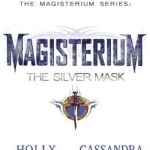
Magisterium: The Silver Mask
Cassandra Clare and Holly Black
Book
Callum Hunt's life has fallen apart. His friend is gone. The spy has escaped. His secret is out. He...
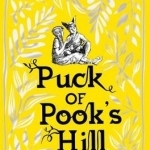
Puck of Pook's Hill
Book
Playing in the gardens of their home, Dan and Una come across Puck, an ancient fairy with a gift for...
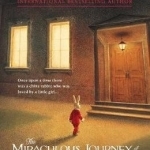
The Miraculous Journey of Edward Tulane
Kate DiCamillo and Bagram Ibatoulline
Book
The Incredible Journey meets The Mouse and His Child, an enchanting tale that begs to be read aloud....
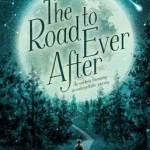
The Road to Ever After
Book
Davy David, an orphan, lives by his wits in the dead-end town of Brownvale. When a stray dog called...
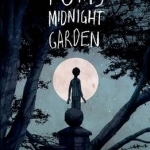
Tom's Midnight Garden
Book
When Tom is sent to stay at his aunt and uncle's house for the summer, he resigns himself to endless...
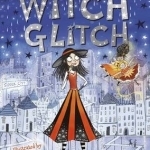
Witch Glitch
Laura Ellen Anderson and Sibeal Pounder
Book
It's a new era for the Witch Wars witches. Felicity Bat is no longer evil, Tiga has at last found...
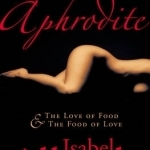
Aphrodite
Book
From an internationally acclaimed author, this is a magical, fascinating book exploring the intimate...

The Honor Student at Magic High School: Vol. 2
Book
There are nine academies in Japan devoted to the study of the magical arts, and even at the finest...

The Irregular at Magic High School: Vol. 1: Enrollment Arc, Part 1
Book
It's been a century since magic stopped being the stuff of fairy tales and became a practical...
The Show
Bastien Vives, Michael Sanlaville and Balak
Book
Marianne Velba won't stop until she finds out why Richard Aldana had left the Valley of Kings. She...
